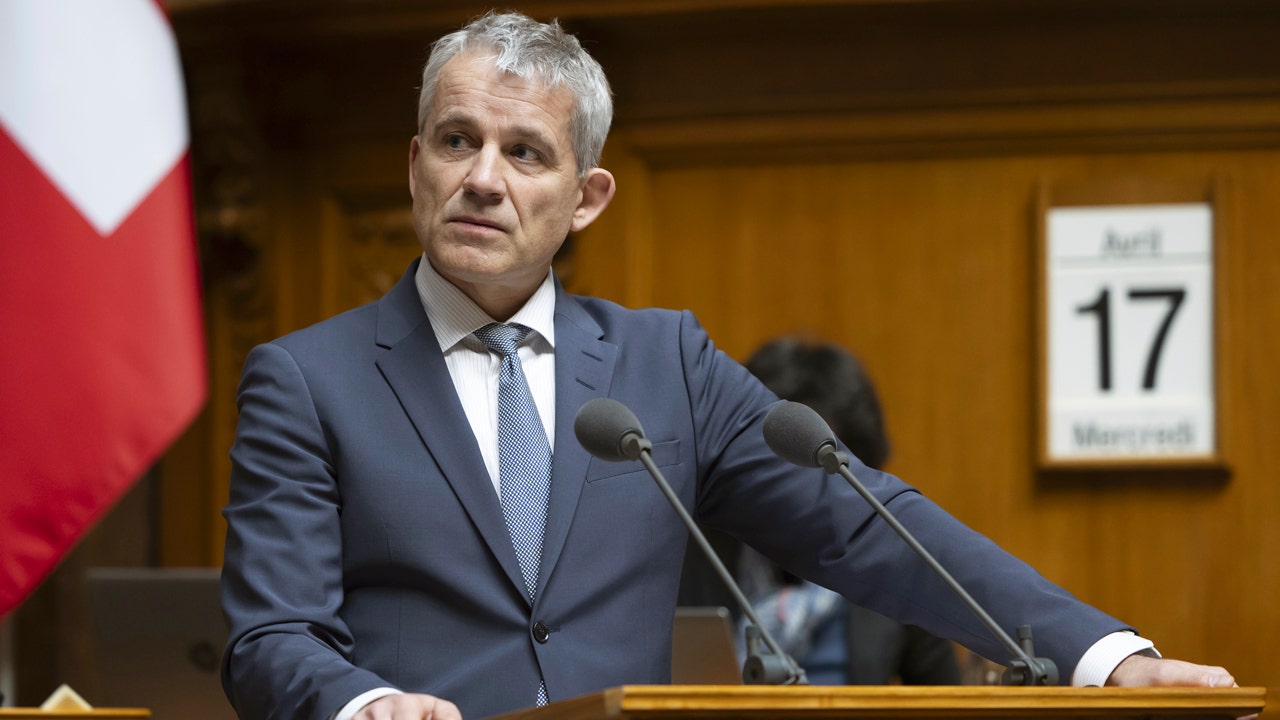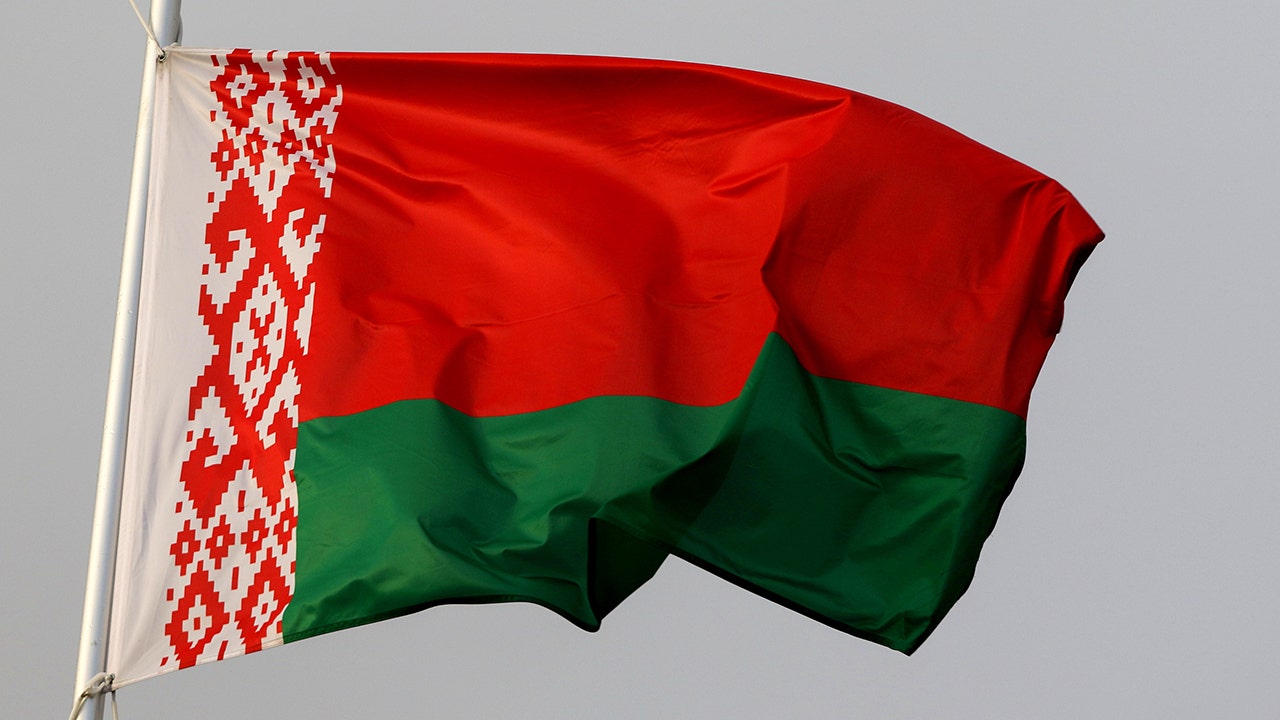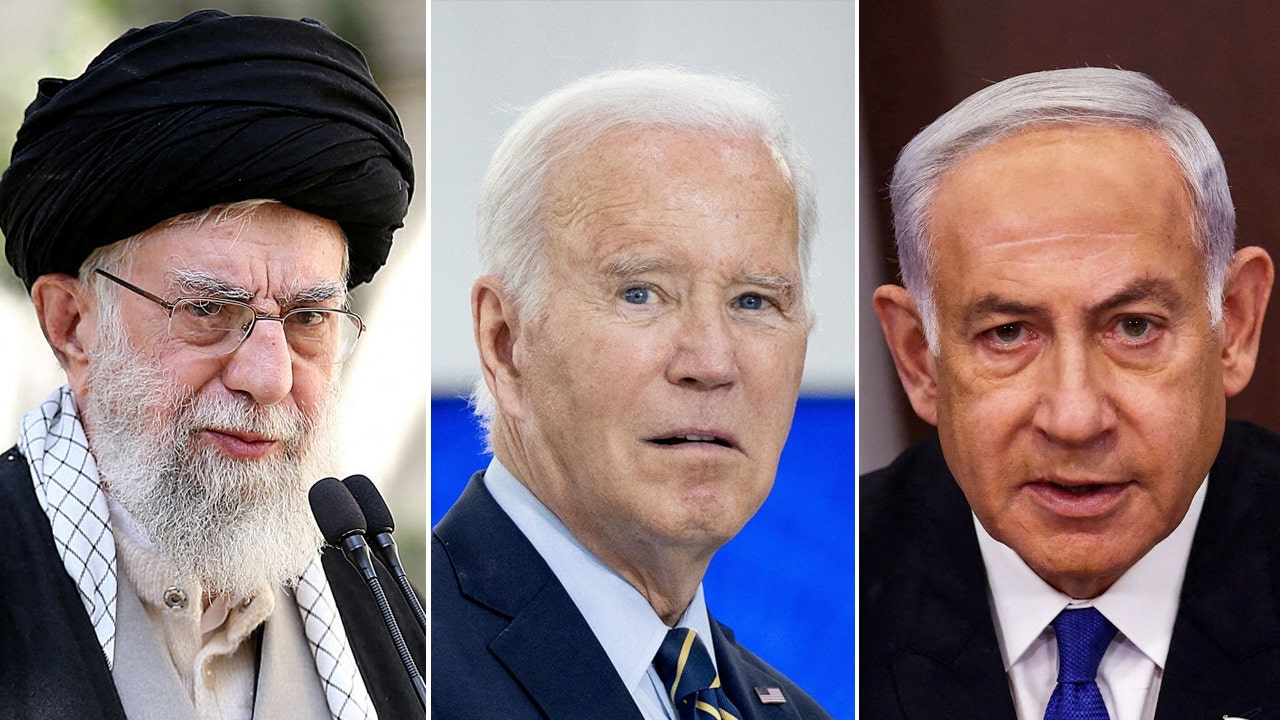Israel’s war cabinet met again on Monday as it faced growing international pressure not to retaliate against Iran for its missile and drone attack over the weekend, even as some far-right members of Prime Minister Benjamin Netanyahu’s government called for an aggressive response.
There was no immediate indication of what, if anything, the cabinet had decided. Mr. Netanyahu faces a delicate calculation: how to respond to Iran in order not to look weak, while trying to avoid alienating the Biden administration and other allies already impatient with Israel’s conduct of the war in Gaza.
While the United States, Britain and France strongly condemned Iran’s assault and stepped in to help thwart it, their calls for restraint highlighted the intense pressure Israel was facing to avoid fueling a wider Middle East conflict.
The Iranian attack, though unprecedented, produced little damage, and life in Israel was returning to normal. Iranian officials signaled on Sunday that they were seeking to prevent further escalation.
Here’s what we know:
-
An earlier meeting of Mr. Netanyahu’s war cabinet on Sunday evening concluded without a decision on how to respond to Iran’s assault, an official who was briefed on the meeting said. Israel has faced calls for restraint from the United States, the Group of 7 nations, the European Union and the secretary general of the United Nations.





